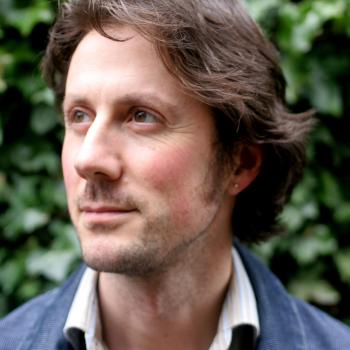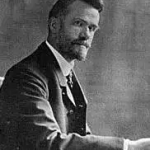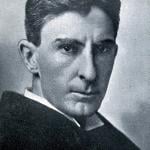Among its distinctive features, the movie appears as if it were photographed in one continuous shot. The effect is to immerse the audience into the story, following the two soldiers through all of the shooting and explosions, seeing what they see and being with them every step of the way. This technique, a cinematic version of the classical dramatic unities, has the effect of extreme realism and narrative intensity. Alfred Hitchcock shot his philosophical suspense thriller Rope using this method, as have a few other directors, such as Alejandro Inarritu in Birdman. In reality, the director of 1917 Sam Mendes (as well as Hitchcock and Inarritu) did use multiple shots, but they worked them together so that the viewer never notices them.
To have a single shot that appears to last for two hours is a stark contrast with most of today’s movies–especially other action movies–which tend to feature rapid-fire editing, with extremely short shots edited together to create the effect of frenetic action.
I came across a refreshingly honest movie critic who, while praising 1917, admitted that he no longer had the attention span for a movie like that. During the long shot, his attention kept jumping elsewhere–to the decorative lights in the theater, to hushed conversations in the audience, to people coming in late, and to other distractions. His head started hurting.
He realized that he had becoming conditioned to short-cut movie editing. More seriously, he had been conditioned by the internet, his phone, and the multi-tasking and multi-stimulations that make up most of our days, to the point that his whole life was fragmented into short, unrelated experiences. His whole life, he concluded, was edited.
From Tim Molloy at MovieMaker, Watching 1917 in 2020, When Our Lives Are More Edited Than Ever:
It was hard for me to sit and watch a single, unbroken shot. I’m 44. I grew up on fast-cut videos on MTV, and now I spend hours every day on a phone that flashes tweets and text messages and calendar invites. No one forced this on me. As with any addiction, I started off liking these things, but then ended up needing them to function, and now derive no pleasure from them whatsoever.
Movies are my usual distraction from these distractions. There’s almost no other time when I spend two waking hours disconnected from my phone. I should go for my hikes, I know.
It isn’t lost on me how pathetic it is that my main distraction from my tiny screen is a bigger screen. But with 1917, I was filled with unease, because the big screen wasn’t distracting enough. . . .
Iñárritu told Variety in 2014 that he wanted Birdman to appear as one long, continuous sequence because “we live our lives with no editing.”
But that’s only kind of true. We edit constantly now, using a phone screen as our de facto field of vision. We cut from the great Hitchcock biography we’re reading on Kindle to the Wikipedia page for someone casually mentioned in the book to Twitter—since we’ve left Kindle, now, anyway, time for a break—to the trailer for Black Widow, which someone just tweeted, back to Wikipedia to try to understand who David Harbour is playing, until our friend texts us an article about an acquaintance who seems to be doing well, to Zillow, to try to figure out how much that friend’s new house is worth. Okay: Maybe you’ve bailed out on the “we” at this point. . . .
I think 1917 will be divisive, because even in the half-decade since Birdman, our lives have become more edited. More than ever, we choose who we read and what we watch. We aren’t subject to the whims of three television networks and our local theater owner and newspaper publisher.
Dedicating our eyes to one thing, for two hours, requires a surrender we’re no longer accustomed to making.
What does this fragmented-editing sensibility do to thinking? To reading? To relationships? To mental stability? To politics? To one’s spiritual life?
I would suggest that watching movies like 1917, reading long books, and taking on long-term tasks that demand focused attention (wood-working, making models, writing, raising children) can help cure this malady. If we can handle things like that.
Image by Dyversions from Pixabay













